An Inspector Calls – How Does Priestley Present the Character of Sheila?
In An Inspector Calls, J.B. Priestley presents Sheila Birling as one of the most dynamic and morally aware characters in the play. Initially portrayed as naive and sheltered, Sheila quickly recognises the importance of social responsibility and undergoes significant development.
Through her character, Priestley highlights the potential for change in younger generations and uses Sheila as a mouthpiece for his socialist values.
Key Points and Quotes
1️⃣ Sheila as Naive and Playful at the Start
At the beginning of the play, Sheila is introduced as cheerful, light-hearted and somewhat self-centred.
Key Quote:
“I’m sorry, Daddy. Actually I was listening.” (Act 1)
Analysis:
The use of “Daddy” reflects her immaturity and childlike dependence on her parents. Priestley uses this early presentation to contrast with the more assertive, independent Sheila who emerges later in the play.
2️⃣ Sheila’s Growing Moral Awareness
As the Inspector’s interrogation progresses, Sheila quickly understands the seriousness of their actions.
Key Quote:
“But these girls aren’t cheap labour, they’re people.” (Act 1)
Analysis:
This statement marks the beginning of Sheila’s moral awakening. The emphatic dash highlights her shock and frustration at her father’s capitalist attitudes, while “they’re people” shows her developing empathy.
3️⃣ Sheila Accepting Responsibility
Unlike some of the other characters, Sheila is willing to acknowledge her part in Eva Smith’s downfall.
Key Quote:
“I know I’m to blame and I’m desperately sorry.” (Act 2)
Analysis:
The phrase “desperately sorry” reveals Sheila’s sincere guilt. Priestley uses her character to demonstrate the importance of accepting responsibility and the possibility of personal growth.
4️⃣ Sheila as a Voice for Social Change
By the end of the play, Sheila challenges the older generation’s refusal to learn from their mistakes.
Key Quote:
“You began to learn something. And now you’ve stopped.” (Act 3)
Analysis:
Sheila’s frustration is evident here, and the short, direct sentences convey her moral clarity. Priestley uses her as a spokesperson for the younger generation’s potential to embrace social change and reject outdated, selfish values.
Authorial Intent
Priestley, a committed socialist, wrote An Inspector Calls in 1945 to promote ideas of social responsibility and equality. Through Sheila, he shows how younger generations are capable of recognising injustice and challenging the complacency of their elders. Sheila’s development from naive innocence to moral insight mirrors Priestley’s belief in the need for social reform and collective responsibility in post-war Britain.
Sheila Birling’s character journey is central to the moral message of An Inspector Calls. From light-hearted ignorance to clear-sighted responsibility, she represents hope for a fairer, more compassionate society. Priestley uses Sheila to show that while some may cling to the past, others are ready to embrace necessary change.
Need Help Preparing for Your GCSE English Literature Exam?
Whether you're aiming for a Grade 5 or chasing a Grade 9 in your English Literature GCSE, one-to-one tutoring can help you approach texts like An Inspector Calls with confidence.
I currently offer personalised support both online and in-person, with availability in areas including Hale Barns, Stockport, Sale and nearby areas. If you’d like a private tutoring quote, get in touch via the Contact page to see how I can help.

